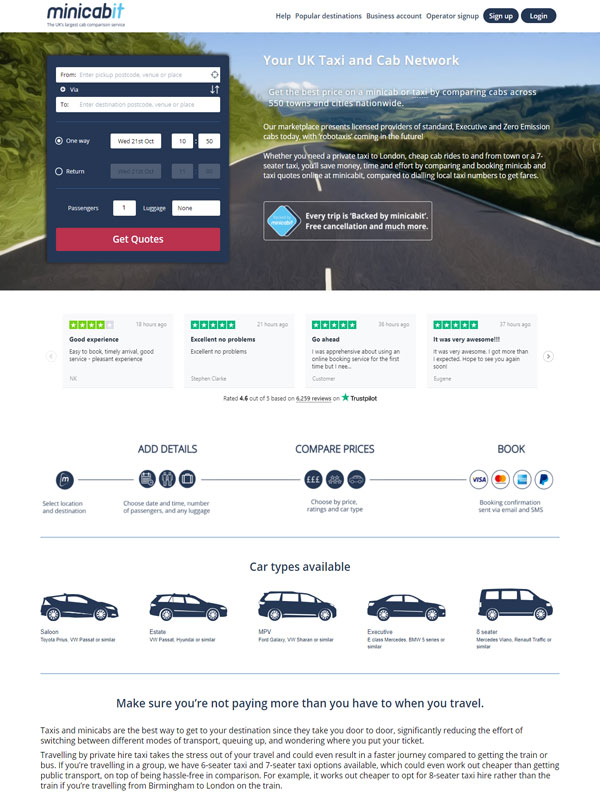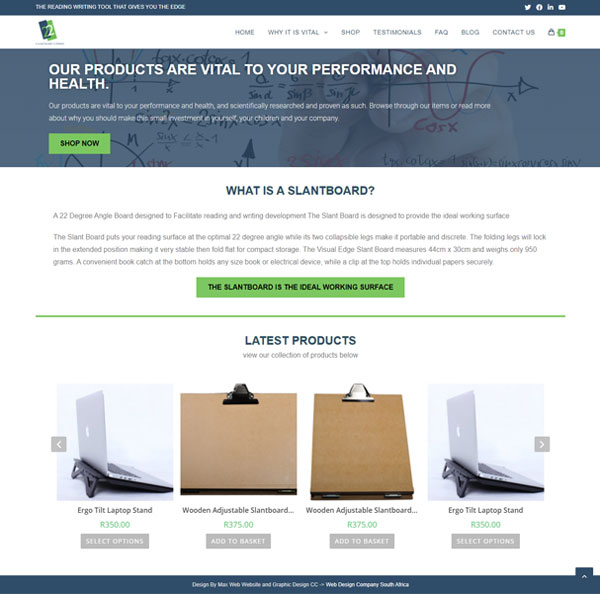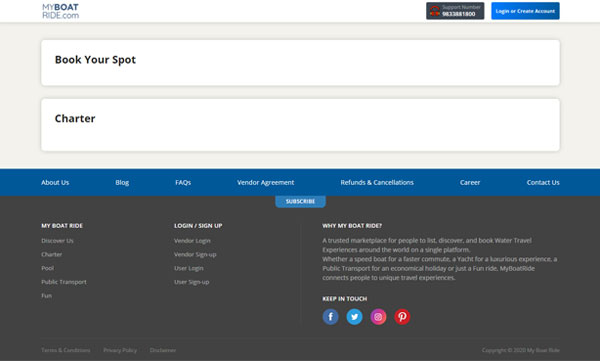
Guidelines for Facebook Ads: Advertising with Meta Ads
Introduction
Facebook Ads, now part of Meta Ads, is one of the most powerful digital marketing tools available today. With over 3 billion active users, Facebook and its associated platforms (Instagram, Messenger, and Audience Network) offer businesses an unparalleled opportunity to reach their target audience. However, advertising on Facebook requires adherence to strict guidelines to ensure compliance and maximize effectiveness. In this blog, we will explore Facebook Ads' guidelines, best practices, and strategies to achieve successful advertising campaigns.
Understanding Facebook Ads Guidelines
Before launching a campaign, advertisers must understand Facebook's advertising policies. These policies are designed to ensure that ads are high-quality, relevant, and non-deceptive while maintaining user safety and trust.
1. Prohibited Content
Facebook does not allow ads that promote or include the following:
- Illegal Products or Services: Ads must comply with local laws and regulations.
- Discriminatory Practices: No discrimination based on race, gender, age, nationality, disability, or any other protected attribute.
- Tobacco and Related Products: No advertising for cigarettes, e-cigarettes, or tobacco-related paraphernalia.
- Drugs and Drug-Related Products: Both legal and illegal drug advertisements are prohibited.
- Weapons and Explosives: Including firearms, ammunition, and explosives.
- Adult Content: No sexually explicit content or services.
- Misinformation: False claims, misleading information, and deceptive practices are strictly prohibited.
2. Restricted Content
Certain types of content are allowed but have restrictions, including:
- Alcohol: Advertisers must comply with local laws regarding alcohol promotions.
- Cryptocurrency: Requires prior written approval from Meta.
- Gambling and Lotteries: Must follow legal regulations and obtain Meta's permission.
- Financial Services: Must provide clear disclosures and avoid misleading claims.
- Health and Medical Products: Cannot make exaggerated or misleading claims.
Best Practices for Facebook Ads Compliance
1. Use High-Quality Images and Videos
Facebook prioritizes high-quality content, so avoid blurry or pixelated images. Videos should be clear and relevant to the message.
2. Avoid Sensationalized or Clickbait Language
Ads should not use exaggerated language such as "Shocking!" or "You won’t believe this!" to attract clicks. Facebook actively reduces the reach of such ads.
3. Follow the 20% Text Rule
Facebook prefers ads with minimal text overlay. While this rule is no longer strictly enforced, ads with excessive text may receive lower reach.
4. Be Transparent and Honest
Ensure that your ads accurately represent your products or services. Avoid misleading statements, exaggerated benefits, or false claims.
5. Use Proper Targeting
Facebook’s powerful targeting tools allow advertisers to reach their ideal audience. Use demographics, interests, and behavior-based targeting to optimize ad performance while ensuring compliance with Facebook’s policies.
Steps to Create a Successful Facebook Ad Campaign
1. Set Clear Objectives
Before launching an ad, define your goal. Common objectives include:
- Brand Awareness: Increase visibility among potential customers.
- Traffic: Drive users to your website or landing page.
- Lead Generation: Capture customer information for follow-ups.
- Conversions: Encourage purchases, sign-ups, or other actions.
2. Choose the Right Ad Format
Facebook offers various ad formats to suit different marketing needs:
- Image Ads: Simple and effective for brand awareness.
- Video Ads: Engaging and great for storytelling.
- Carousel Ads: Show multiple images or videos in a single ad.
- Collection Ads: Designed for mobile shopping experiences.
- Lead Ads: Collect user information directly from the ad.
3. Craft a Compelling Ad Copy
Your ad copy should be concise, engaging, and action-oriented. Use persuasive language and include a clear call-to-action (CTA) such as "Shop Now," "Sign Up," or "Learn More."
4. Optimize for Mobile Users
Most Facebook users access the platform via mobile devices. Ensure that your ads are mobile-friendly, with clear visuals and easy-to-read text.
5. Monitor and Optimize Performance
Regularly analyze your ad performance using Facebook Ads Manager. Key metrics to track include:
- Click-Through Rate (CTR): Measures how many people clicked on your ad.
- Conversion Rate: Indicates the percentage of users who took the desired action.
- Return on Ad Spend (ROAS): Evaluates the profitability of your campaign.
- Engagement Rate: Tracks likes, shares, and comments.
6. A/B Testing for Improvement
Run A/B tests by experimenting with different images, headlines, and CTAs. This helps determine which ad variations perform best.
Common Reasons for Facebook Ad Rejections and How to Fix Them
Even experienced advertisers sometimes face ad rejections. Common reasons include:
- Violating Ad Policies: Review Facebook’s guidelines to ensure compliance.
- Too Much Text in the Image: Use Facebook’s Text Overlay Tool to check.
- Misleading Claims: Ensure all statements are accurate and verifiable.
- Prohibited Words or Phrases: Avoid words like “guarantee” or “cure.”
- Unacceptable Landing Pages: The destination URL should be relevant, functional, and comply with Meta’s policies.
If your ad is rejected, you can edit it to comply with policies or request a review if you believe the rejection was a mistake.
Conclusion
Advertising on Facebook can be a game-changer for businesses when done correctly. By understanding and adhering to Facebook Ads' guidelines, you can create high-performing campaigns that reach the right audience while staying compliant. Always focus on high-quality content, ethical marketing practices, and continuous optimization to achieve long-term success with Facebook Ads.
Popular Posts
6511 Hours ago
22895 Hours ago
22402 Hours ago




